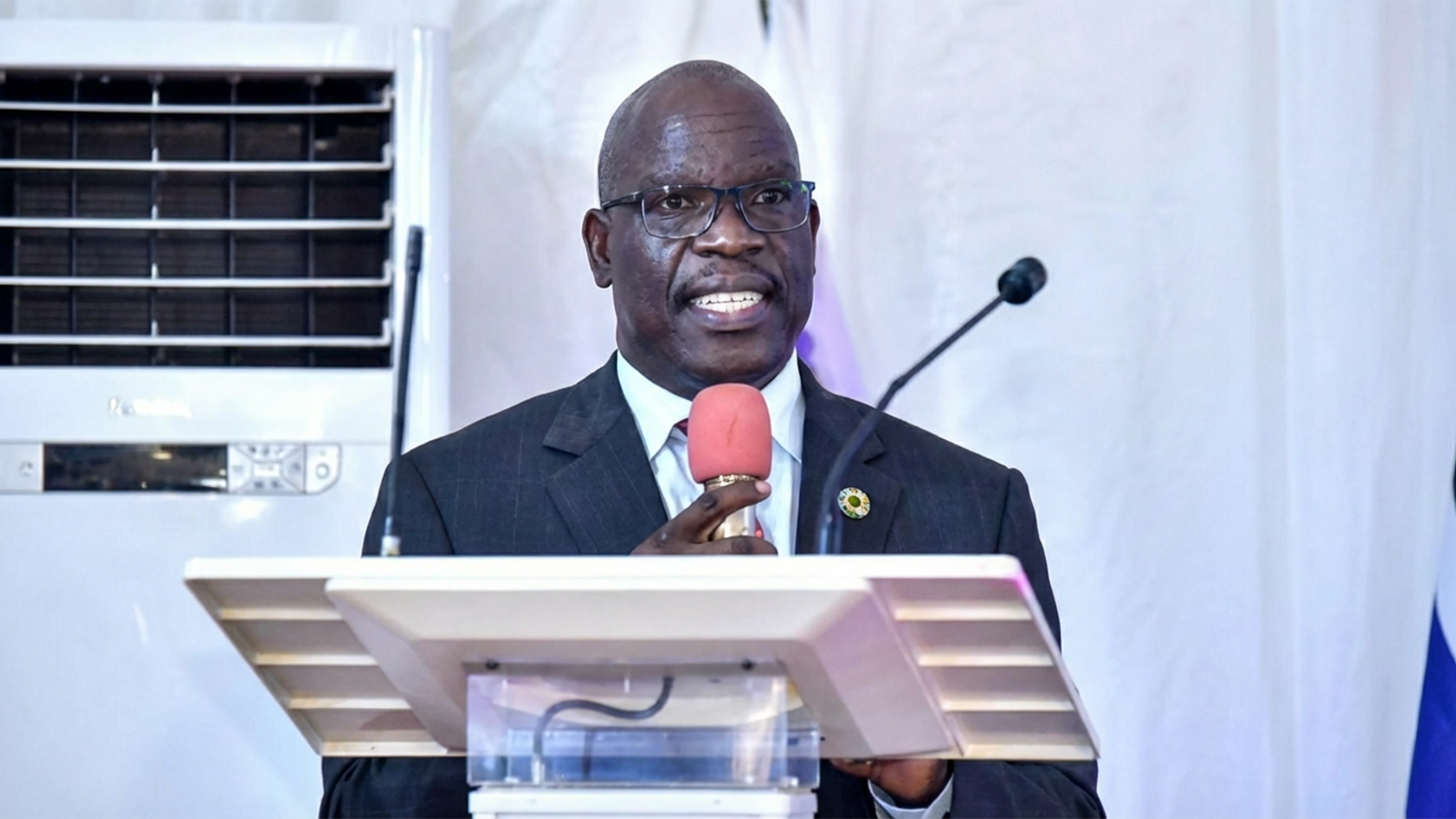As Nigeria charts its path toward a low-carbon future, the role of solar Engineering, Procurement, and Construction (EPC) firms has become increasingly central to realising the nation’s energy ambitions. Beyond delivering infrastructure, these companies are equipping Nigerians with the technical know-how, environmental awareness, and practical experience needed to power the country’s clean energy transition from within.
Nigeria’s energy sector faces a dual challenge: bridging a chronic electricity access gap while meeting commitments to reduce carbon emissions. With millions of Nigerians still lacking reliable power and the national grid constrained by ageing infrastructure, decentralised solar energy through solar hybrid plants and mini-grids has become the most practical and scalable solution. The federal government-led programmes such as the Nigeria Electrification Project (NEP) and the Energizing Education Programme (EEP) have accelerated this shift, creating opportunities for local EPCs to lead the design and implementation of off-grid and hybrid systems.
At the heart of this transition are local EPCs translating policy into practice. Companies like Eauxwell Nigeria Limited are demonstrating how renewable energy infrastructure can be built with a strong focus on local capacity.
Through its work on solar hybrid power plants and mini-grid installations across Nigeria’s universities and communities, Eauxwell has not only expanded access to clean electricity but also trained local engineers, artisans, and technicians in solar installation, maintenance, and system optimisation. These hands-on experiences are steadily building a domestic workforce skilled in renewable energy technology—one of the most enduring legacies of Nigeria’s green transition.
One of the most significant outcomes of EPC participation in Nigeria’s energy transition is technology transfer. Initially, many Nigerian EPCs partnered with international firms to acquire technical expertise and global best practices. Over time, these collaborations have evolved into independent, locally driven enterprises. Today, Nigerian EPCs are designing, constructing, and maintaining solar facilities end-to-end, reducing dependency on foreign expertise and improving project turnaround times.
This shift towards knowledge localisation has also enhanced sustainability outcomes—ensuring that solar infrastructure can be efficiently managed long after commissioning.
Beyond construction, solar EPCs are embracing broader Environmental, Social, and Governance (ESG) commitments, aligning with global sustainability standards such as those of the World Bank, African Development Bank (AfDB), and the International Finance Corporation (IFC). Firms now integrate environmental protection, waste management, reforestation, and pollution prevention measures into project delivery.
Socially, companies are institutionalising worker safety, gender inclusion, and Gender-Based Violence (GBV) prevention training, ensuring compliance with international labour and human rights standards. Local communities are engaged early in the project lifecycle, helping to foster trust, inclusion, and shared ownership of renewable energy assets.
Solar EPCs have become more than contractors—they are nation-builders enabling Nigeria’s just energy transition. Through firms like Eauxwell Nigeria Limited, the sector is proving that renewable energy delivery can drive innovation, create employment, and advance environmental stewardship simultaneously.
As Nigeria works toward universal energy access and carbon neutrality, strengthening local EPC capacity will remain one of the most decisive steps toward ensuring a resilient, inclusive, and self-sustaining clean energy future.

![SPIE_PHRC_SOLAR_PV[1]](https://guardian.ng/cdn-cgi/image/format=auto,width=600,fit=contain,q=45/https://cdn.guardian.ng/wp-content/uploads/2025/05/SPIE_PHRC_SOLAR_PV1.jpg)




